Finances
What does Open Banking means?
Have you heard of the term "open banking"? Know that you already benefit from it. This article will tell you what is it and if you should worry about it or not.
Advertisement
Understanding the concept of open banking: should you trust it?
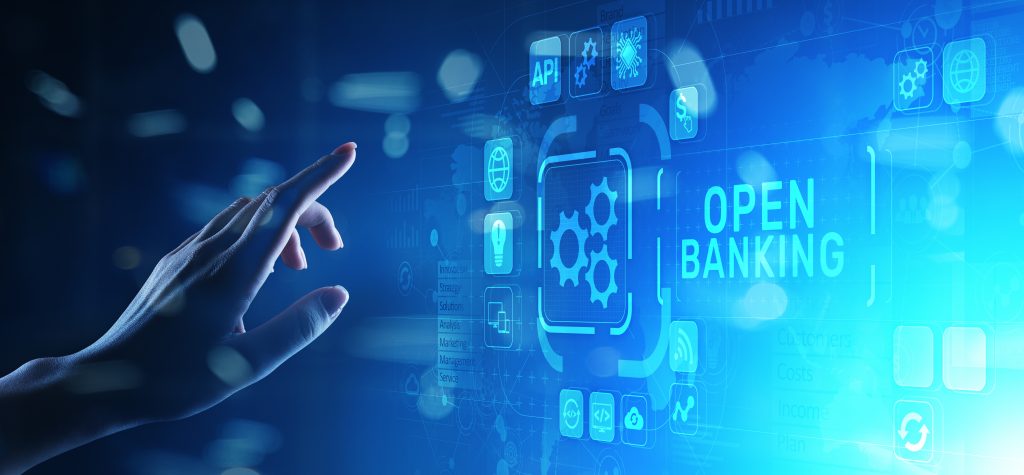
What do you think when you hear about open banking? A bank with no door? Or opening your bank account so everyone can see inside of it?
Joking apart, it does not refer to any invasion of your privacy. Actually, it is bringing countless benefits to everyone who uses banking services. You’ve probably already benefited, even if you don’t know what it means.
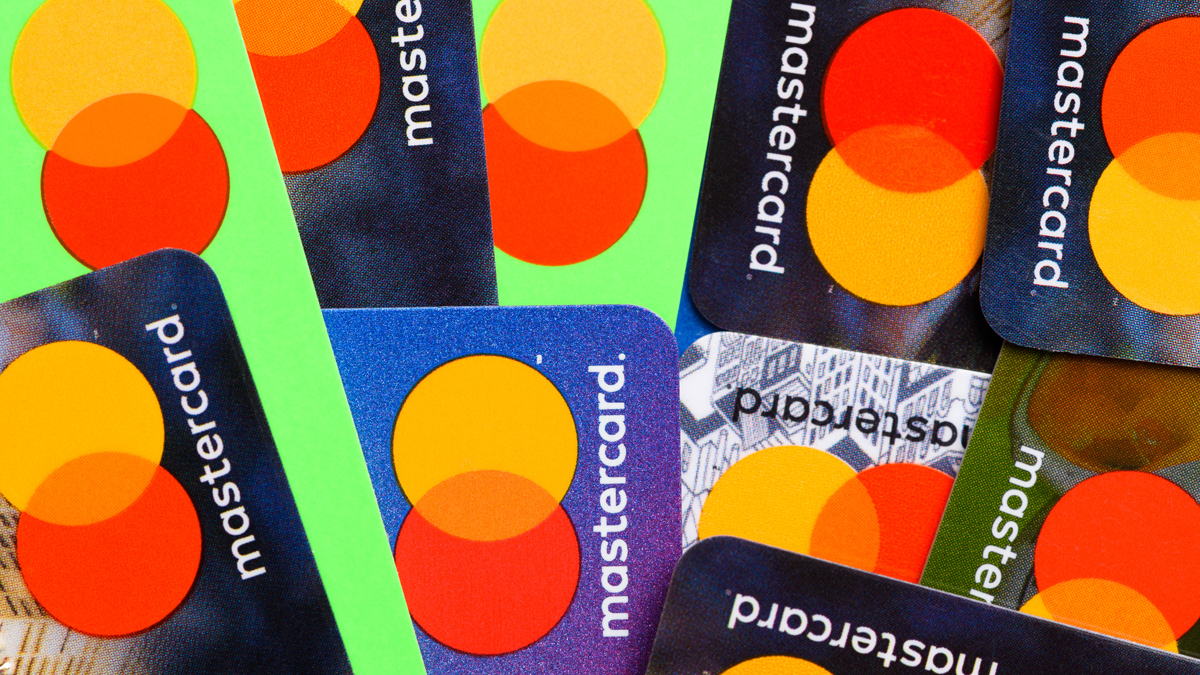
Best Mastercard Credit Cards: find the one for you
We've all wondered what the best Mastercard credit cards would be, right? Check our Mastercard credit card reviews and learn which of them could be your next credit card!
Gone are the days when banks were the only institutions in which we could store and manage our money. Or pay bills, make transfers, acquire credit cards and loans and other types of banking transactions. If you’d like to understand how open banking is impacting your finances, keep reading this article to learn more about it.
Open Banking: understand how it works
With the rise of online and digital banks and other financial products, many people wonder how they work your money if they’re not a bank. Traditional banks carry the confidence of being institutions recognized and supported by the government, with specific regulations and solid legal structures.
So when online banking emerged, many people found themselves suspicious about its legitimacy. After all, it is a great responsibility to entrust your money to an institution. We don’t even like to imagine the damage that a scam can do to a family’s life. Losing all of your savings can cause problems that will cost the work of several generations to recover.
That’s where open banking brings the solution. It is an agreement between banks and fintechs to use the solid structure of banks with a more modern approach through APIs – application programming interfaces. With the use of software, digital ecosystems are created to transfer information from one institution to another.
You will be redirected to another website
By submitting this form, I agree that I am 18+ years old and I agree to the Privacy Policy and Terms and Conditions. I also provide my signature giving express consent to receive marketing communications via automated emails, SMS or MMS text messages and other forms of communication regarding financial products such as credit card and loans. Message frequency varies and represents our good faith effort to reach you regarding your inquiry. Message and data rates may apply. Text HELP for help or text STOP to cancel. I understand that my consent to receive communications is not a condition of purchase and I may revoke my consent at any time.
Is it good? Learn benefits and disadvantages you may find

Open banking has opened not just the bank system, but a new horizon of possibilities. But through the same open door where benefits come in, the disadvantages can also find their ways to sneak in.
However, if the cons were more significant than the pros, this technology would not exist anymore. But it is not just a reality but is giving us many benefits, with no loss in security. Let’s highlight some benefits and some disadvantages of open banking.
Benefits of open banking
- Stimulates broad competition, as banks are not the only ones allowed to provide such services anymore.
- Generates new services and products for the public, improving usability and making our daily lives easier.
- Open banking obligates banks to be more transparent about data storage and transmission and gives us more eyes to take care of this delicate system.
- Security and safety have to be on point and stronger than ever. Both to protect the data and to convince the public that they can trust this certain service or product.
- More people now have access to credit lines, as fintechs find new ways to provide it with no overwhelming requirements.
- Account agregation is one of the most useful applications of these technologies, as you are able to manage several accounts from different providers in the same app.
Possible disadvantages
- Open banking leads to investment in high-safety technology, but it can also lead to more gaps where hackers and thieves can sneak in and steal private information and money.
- Many people tend to give less credibility to open banking, fearing for their security. This is especially prominent among older people, while younger generations of digital natives are more open to new technologies and like to modernize their daily services. Let’s say that the younger generation of adults doesn’t care so much about privacy if their lives become easier and more practical, like making a money transfer with just one click.
- A more conservative analysis of the psychological aspect of trust and brand loyalty can see digitalization as negative. As new fintechs start to replace traditional banks, people may lack the in-person service and closest relation to managers and other integrants of bank staff. But just like the privacy problem, people under 30 years old are already used to digital and online services and how to figure things out by them selfs through apps and websites. They see as positive that there is no need that another person has to intervene in something that could be easily solved through a button in the app.
What is open banking APIs?

Application programming interfaces are essential to make open banking sustainable. These applications are developed by fintechs and have high standards to be approved by bank partners.
They’re used to share data between banks and their partners, such as online accounts and other mobile apps and websites that would like to include financial transactions among their services.
Which banks use open banking?
According to some websites that track which banks are using open banking, there are around 182 banks and account providers that use it. Almost every bank in the U.S. knows the relevance of improving APIs and using it to provide better financial services to their customers.
Some waves we just can not stop. That’s the case with open banking. Financial institutions have two options: to get drowned by then or to learn how to drop and surf.
So, as clients crave better and modern ways to manage their own money, banks and credit unions get to roll up their sleeves and work on better banking solutions.
The following list has some examples of banks and credit providers that use open banking:
- Citi Bank
- American Express
- Santander
- HSBC
- Bank of America
- BMO
- Capital One
- JP Morgan Chase & CO
- Sutton Bank
- Wells Fargo
- and many others.
And if you’d like to learn more about finances and technology, read the following post to learn about security tokens and utility tokens.
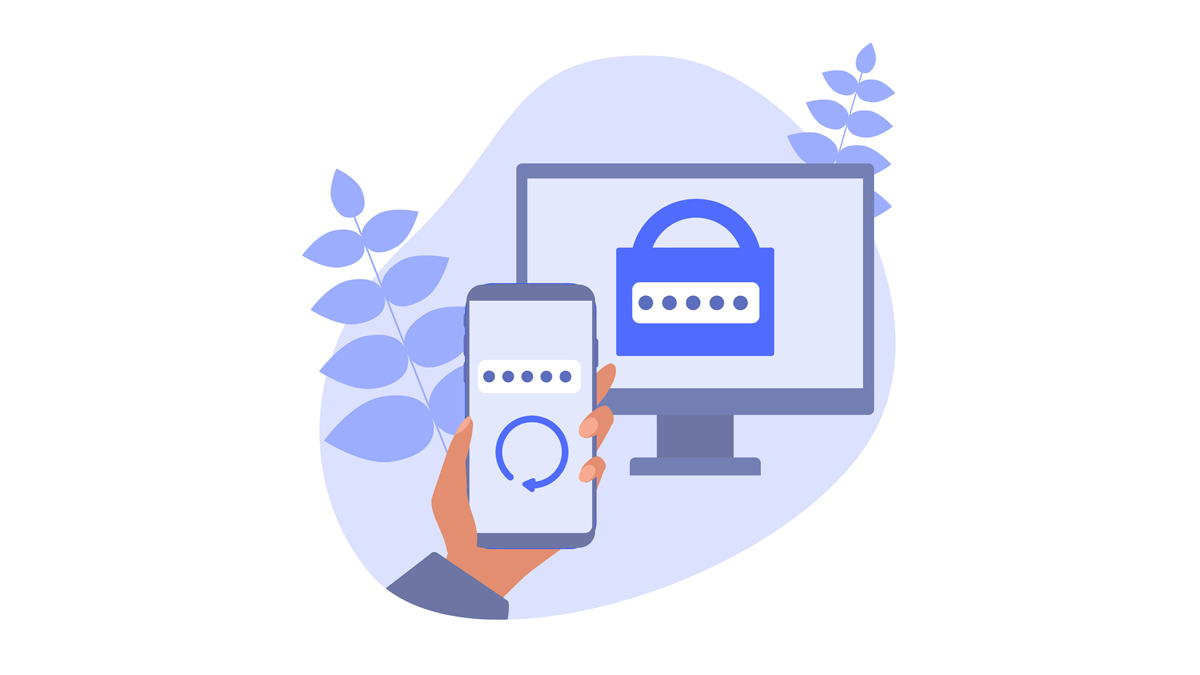
The difference between security token and utility
If you want to know the difference between a security token and utility token, keep reading our post to know all about it!
Trending Topics
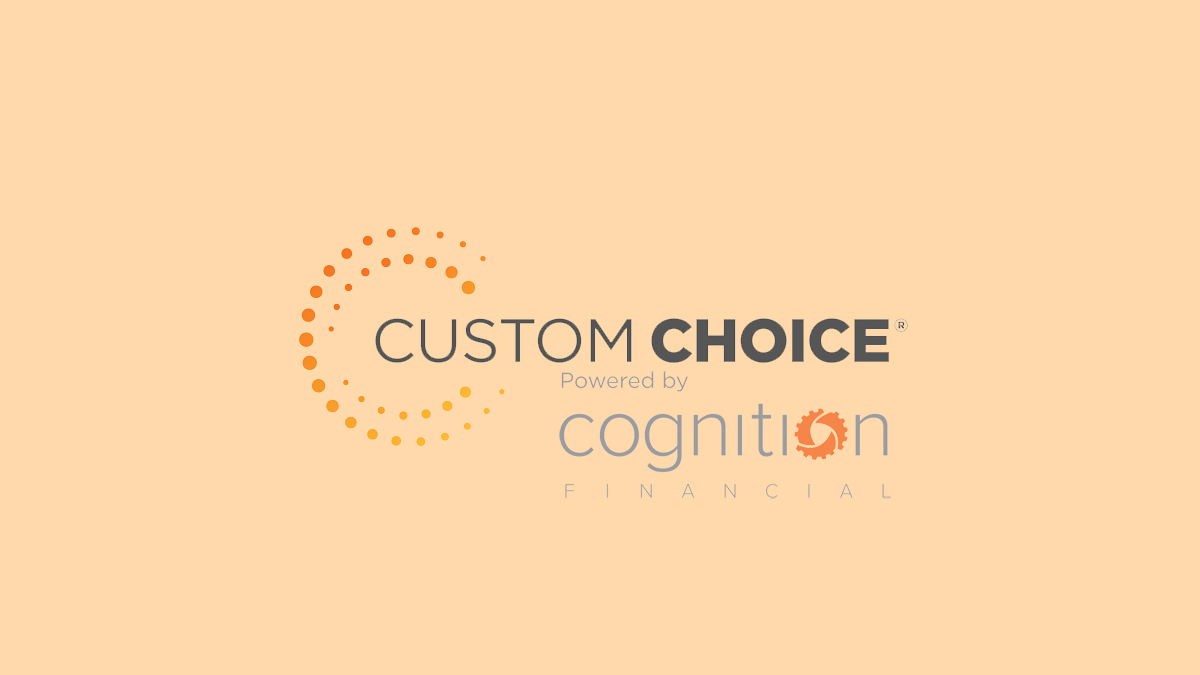
Custom Choice Loan® review
Looking for a student loan with competitive interest rates and flexible repayment terms? Then check this Custom Choice Loan® review.
Keep Reading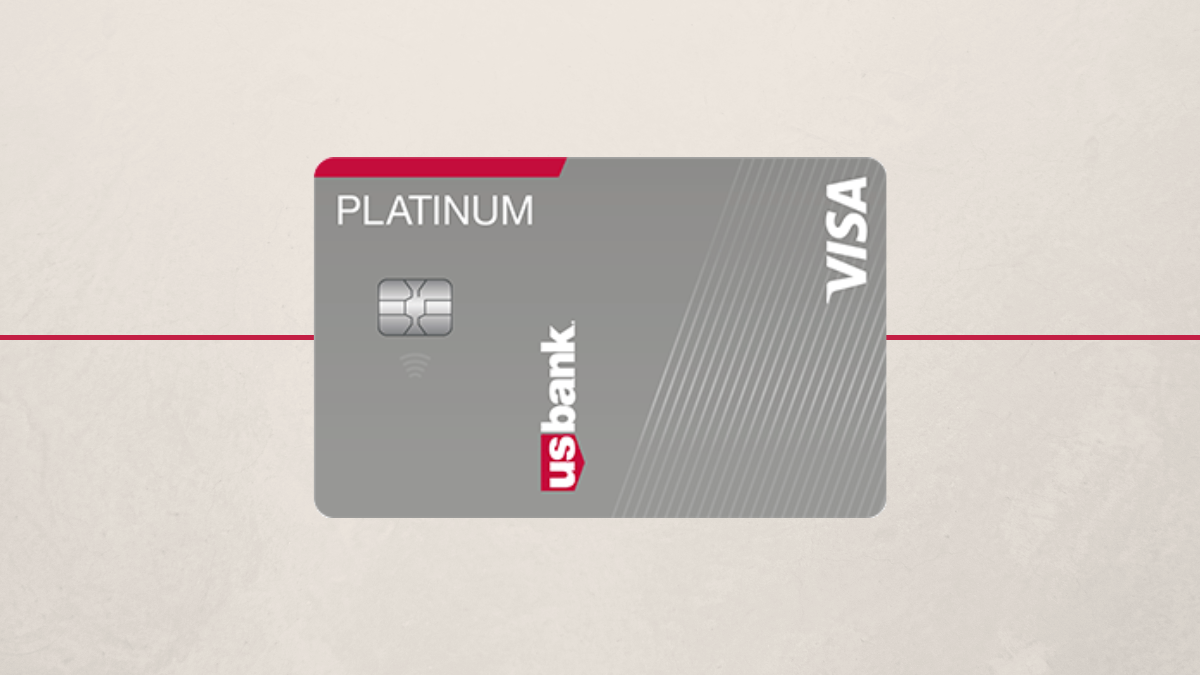
U.S. Bank Visa® Platinum Card review
Are you looking for a no-annual fee credit card with a long 0% intro APR? Check out this U.S. Bank Visa® Platinum Card review.
Keep Reading
MyLoan review: Up to R250,000!
If you need to borrow up to R250,000 with good loan terms and a trusted platform, read our MyLoan Co review to learn more!
Keep ReadingYou may also like
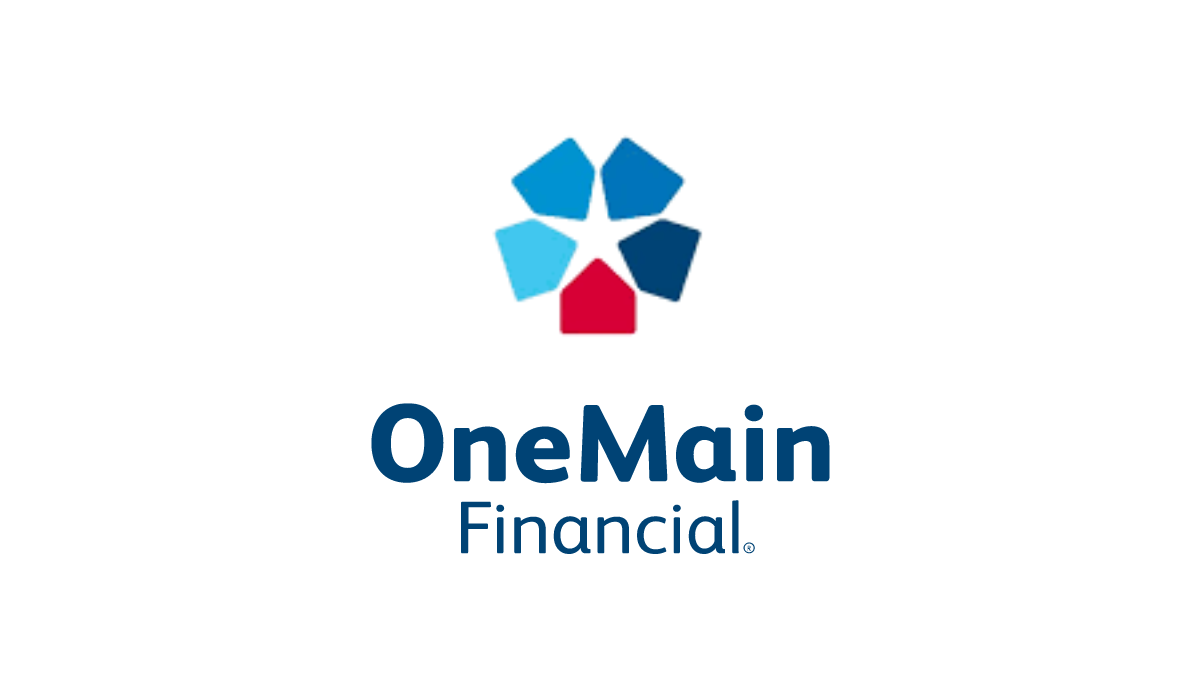
How to apply for OneMain Financial Personal Loans
Learn how to apply within minutes for OneMain Financial Personal Loans and get fast access to funds at low rates.
Keep Reading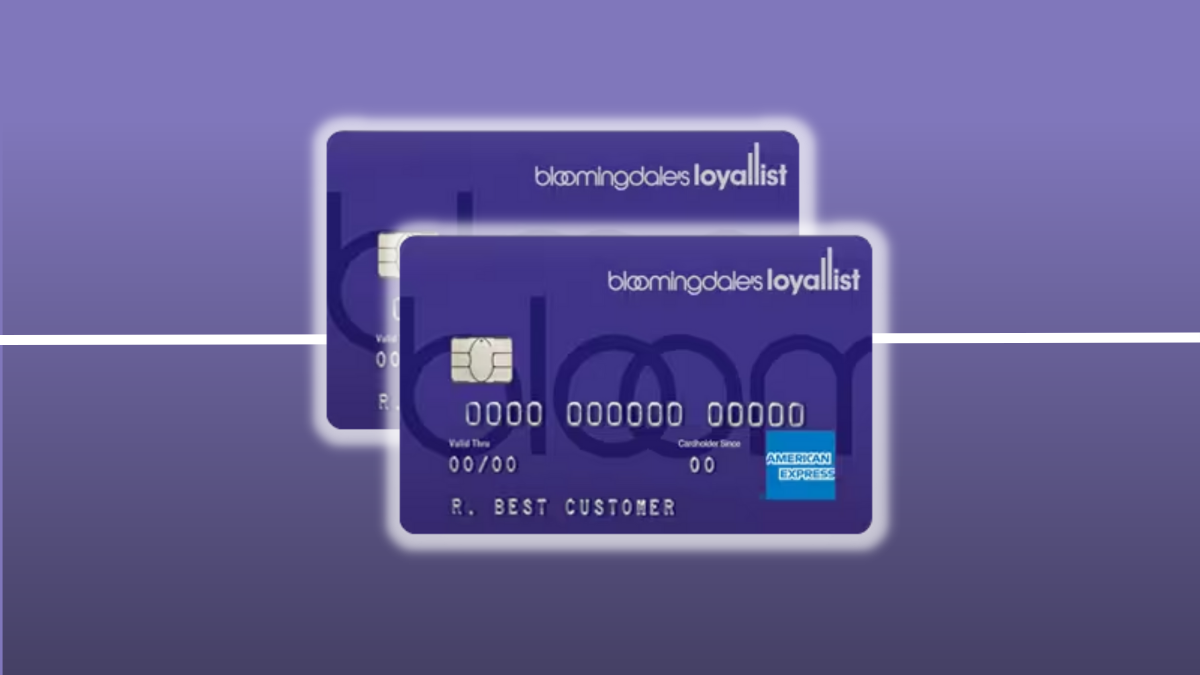
Bloomingdale’s American Express® Card review: Triple point days!
Ready to learn about this card's high rewards? Then join us in this Bloomingdale’s American Express® Card review.
Keep Reading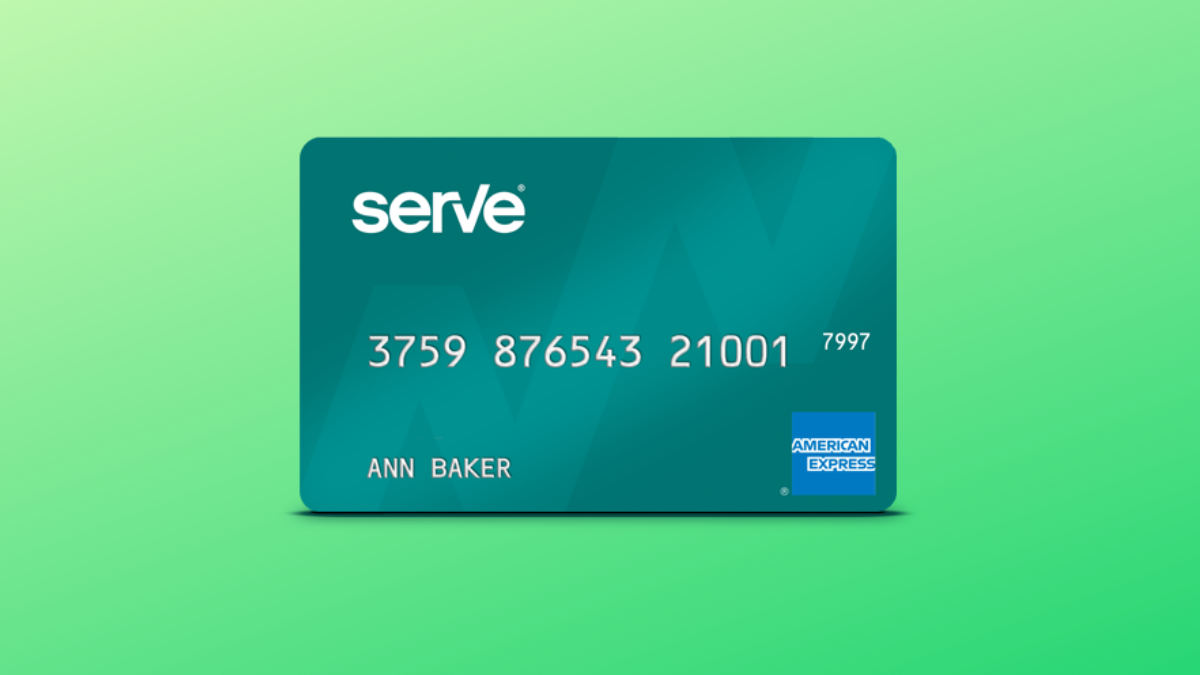
American Express Serve® FREE Reloads Card application
Learn all the details about the American Express Serve® FREE Reloads Card application process and how you can request yours.
Keep Reading